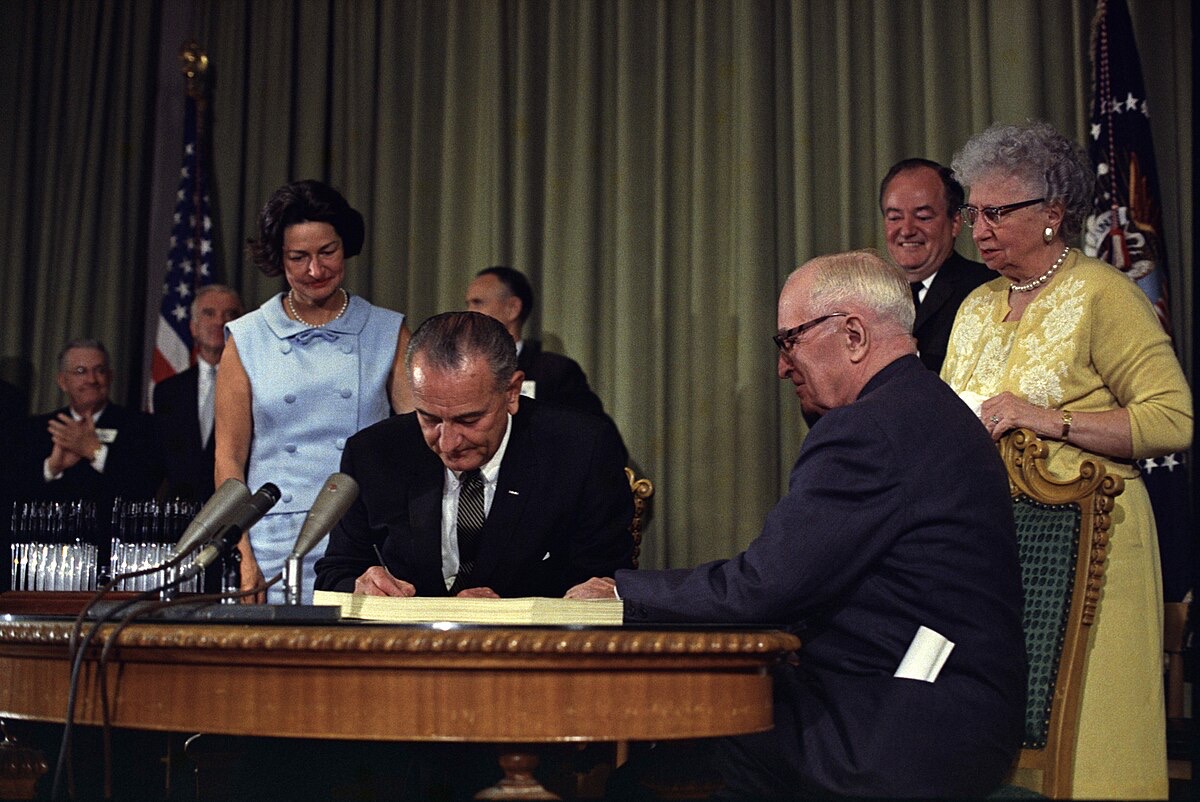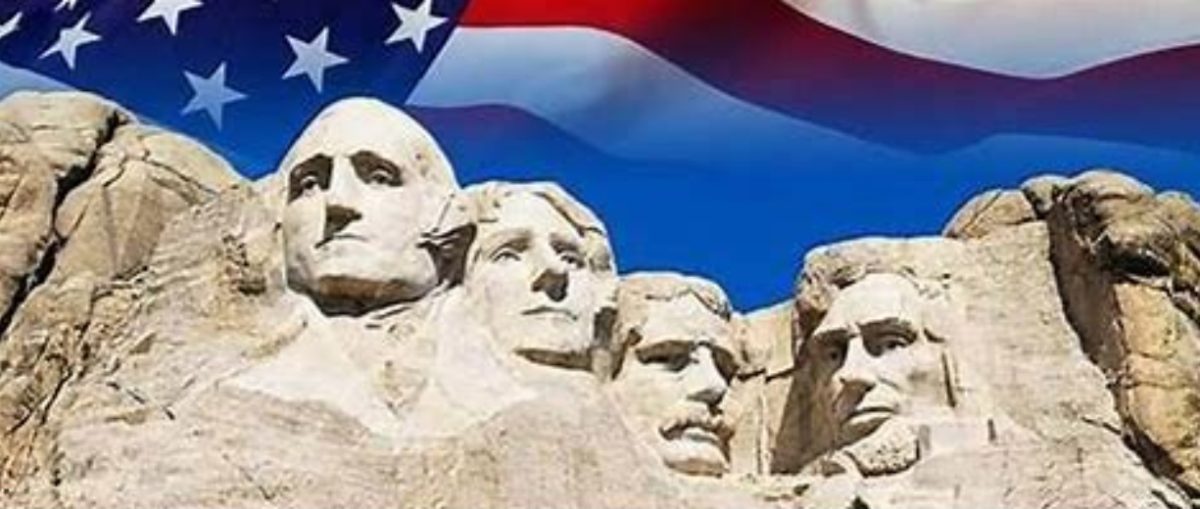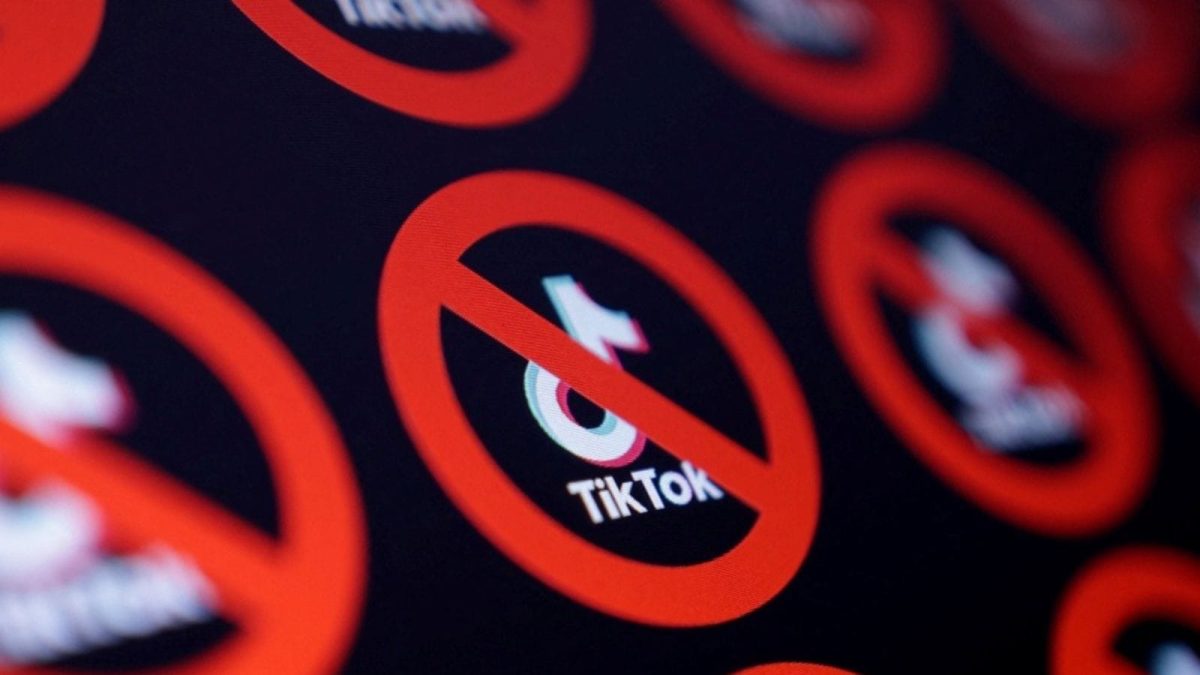In the autumn of 1929, the New York Stock Exchange’s prices went down hard after
stock pooling (selling stocks among partners then dumping them at the artificially high prices) and other market manipulations proved too much for the debt-ridden middle class to handle. Soon, the government came to the conclusion that something needed to be done to keep people insured for the long run. And this idea became Social Security.
Social Security is an early example of social insurance, in which the government makes certain that those who cannot provide for themselves will have support without relying on their families, who might not be able to help if the family is struggling themselves. Social Security was created by the Social Security Act, which was signed into law in 1935 by President Franklin Roosevelt. As explained by a 1937 government pamphlet,
In general, the Social Security Act helps to assure some income to people who cannot earn and to steady the income of millions of wage earners during their working years and their old age. In one way and another taxation is spread over large groups of people to carry the cost of giving some security to those who are unfortunate or incapacitated at any one time. The act is a foundation on which we have begun to build security as states and as a people, against the risks which families cannot meet one by one.1
94 percent of American workers are covered, and they each pay a 12.4% tax on all
earnings up to $160,200 per year, deducted before payment. This then goes back as payments to the disabled, elderly retired, and survivors. But there is another payroll tax: 2.9% for Medicare.
With the Social Security Amendments of 1965, Medicare was introduced to provide health insurance for those over 65, as they were paying about three times more for health
1 Mary Ross, Why Social Security? (Social Security Administration, 1937), https://www.ssa.gov/history/whybook.html.
insurance than others. Medicaid, introduced with it, provided health care to those who could not afford it. Both were signed into law by Lyndon Johnson, who presented the first two Medicare cards to former President Harry S. Truman and his wife Bess, saying, “[Truman is] the real daddy of Medicare.”















